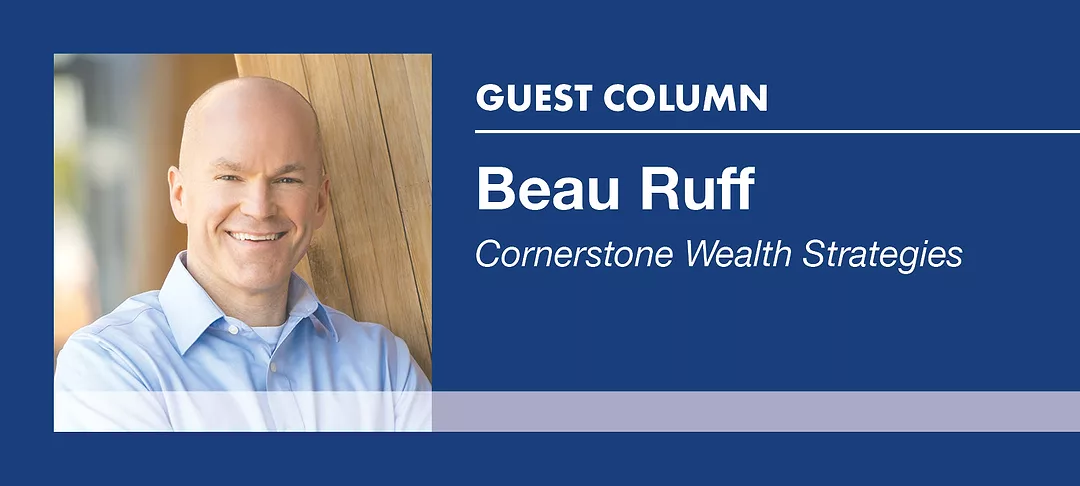
Home » No one wants to think about a will, but everyone needs a proper one
No one wants to think about a will, but everyone needs a proper one

September 14, 2020
Young families need wills.
But, the legal profession has an admitted problem—the use of attorneys is expensive and can also be time consuming. It is also one of the many industries where technology has attempted to offer lower prices and better convenience.
Probably the most notable example is the Do It Yourself will offered by various software providers.
The idea of these DIY wills is that for a fraction of the price, you can create a will that is recognized by all 50 states and that offers the protection you and your family need. Regrettably, the end product can be more costly in the long run than simply having the will drafted by a competent attorney.
Nonetheless, the young family should have a will.
First, do you need a will? Yes.
If you have more than an iPhone and pickup truck, you should have a will.
If you have kids (and even if you only own an iPhone and pickup truck), you should have a will.
In the unfortunate event of an unexpected death with a person doesn’t have a will, it means that the state dictates the distribution of assets.
This means you don’t choose who is in charge of your estate, and it means that costs will be generally higher after death as your heirs work through the administrative details of settling your estate.
You either get to create your own plan or the state provides the default plan for you.
One common myth is that the state gets your assets if you fail to create a will. That is not true. The state just says where your assets go (and they generally go to your family).
Second, can you draft it yourself?
A person is allowed to draft his or her own will without the help of an attorney. And, there is good software to assist.
The problem is that too often, the drafter (you), doesn’t know how best to use the software. The drafter includes language that is ambiguous or implied that can cause massive problems after death.
A common example is that a parent may want to leave money to a brother or sister for the care of the parent’s children. And, the parent neglects to include the proper trust language and instead creates a type of “implied trust” that requires court intervention to determine the appropriate terms of the trust that were left out.
Sometimes, the drafter (you again) drafts a good will, but forgets to include other crucial documents (like a Community Property Agreement), which again results in much higher costs.
Sometimes, the drafter (yep, you again) fails to follow the required formalities to make the will effective (generally two witnesses and a notary signed in the presence of the testator – you).
All told, in my experience, I think that most DIY wills end up failing in some material way. That is why it is hard to recommend that any person saves money by using a DIY software kit for his or her will.
How do you include children in the will?
Children under 18 generally can’t inherit your assets.
Here again, the state offers some default rules to hold assets going to a minor in a custodial account. The better option is to include a trust in your will that specifies who is in charge (the “Trustee” of the trust), what the money can be used for and when the beneficiary child can have the money free of the trust.
A common type of trust for a child would provide something like this: “all the assets will be held in trust for the benefit of my children until the oldest child attains the age of 30 at which point the assets will be distributed equally among my children.” Further, “until the time of distribution, the Trustee shall distribute assets for my children’s health, education, support and maintenance.”
As you can see the trust protects the inheritance, but also provides necessary funds to accommodate the children’s needs.
One other piece to consider for your estate plan is term life insurance.
If you’re not rich, you can nonetheless ensure that you can provide for your family by obtaining inexpensive term life insurance. It’s a great way to fund the trust for your kids.
But, again, it needs to be set up the right way. The beneficiary on the term life insurance would often state that the primary beneficiary is the spouse (if married) and the contingent beneficiary is something like “the Trustee of the Trust established under Article _ of my Last Will and Testament.”
This is how you can direct the insurance proceeds to the appropriate trust to benefit the kids. The alternative (simply naming the kids individually) leads to less advantageous results because it bypasses that trust that you thoughtfully established for the children’s benefit. This is a common mistake.
Everyone, including young professionals, should have a will.
Lean on your network to assist in determining good and reasonably priced attorneys to set up your plan.
Beau Ruff, a licensed attorney, is the director of planning at Cornerstone Wealth Strategies, a full-service independent investment management and financial planning firm in Kennewick.
Local News
KEYWORDS september 2020





